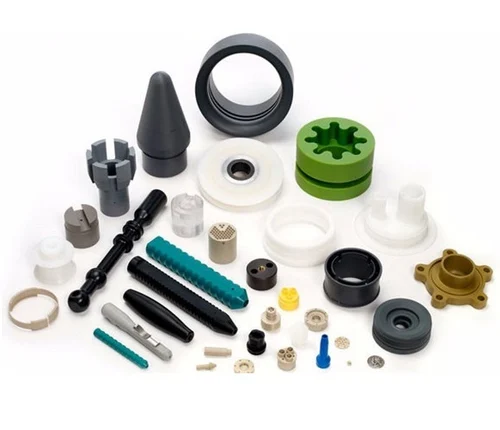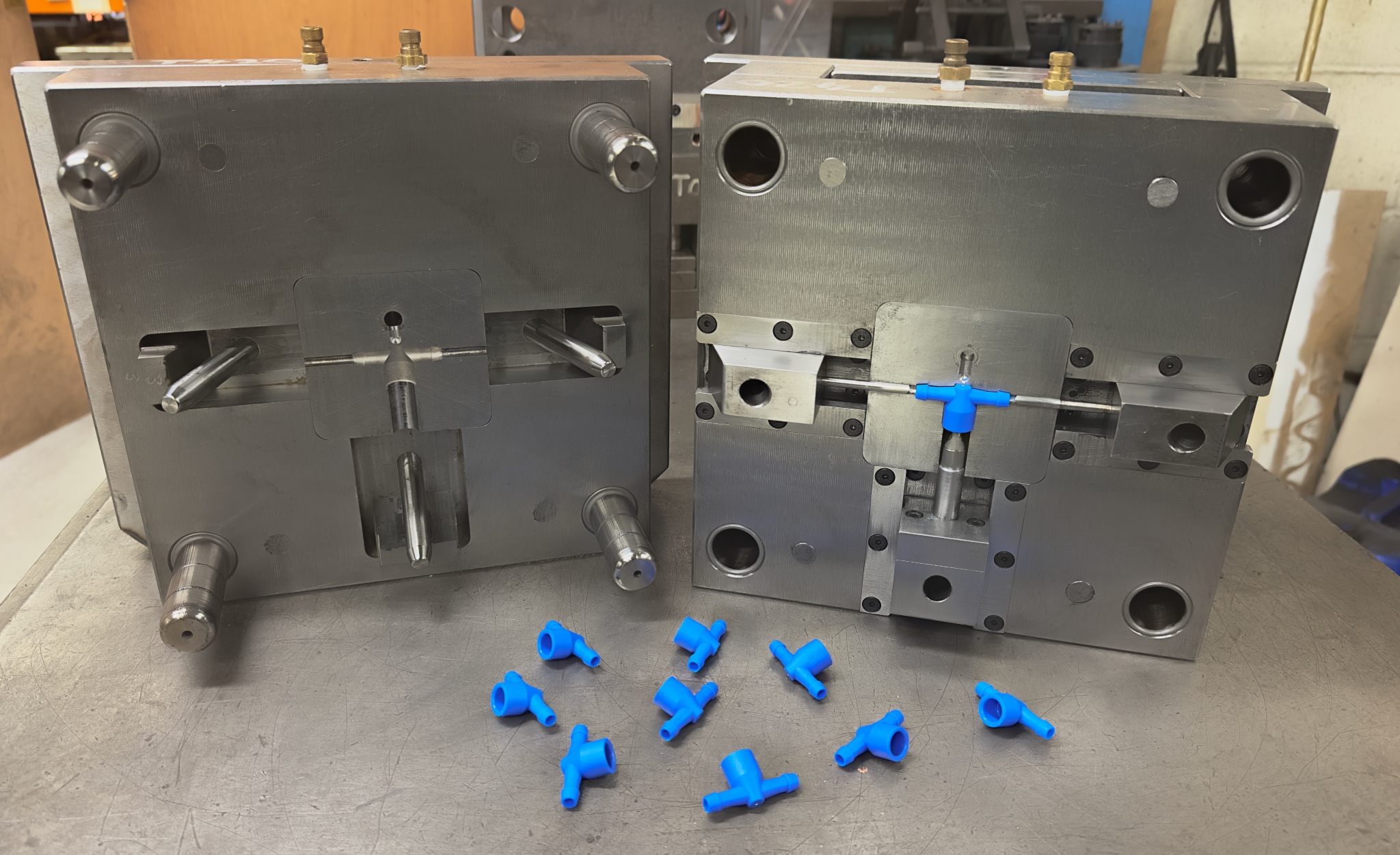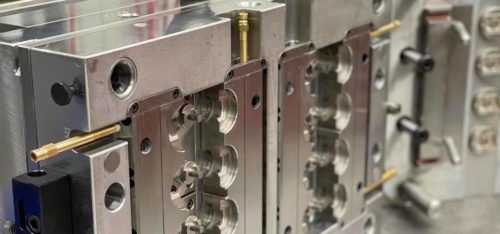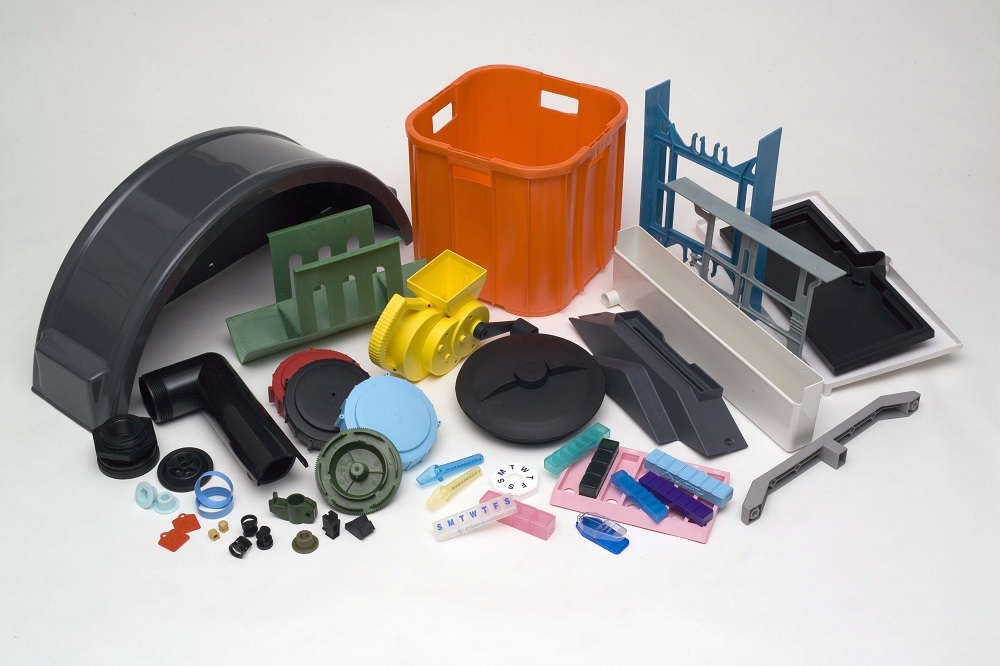

Injection Moulding Company
Injection Moulding Company: Your
Partner in High-Volume Plastic Manufacturing
In today’s fast-paced manufacturing landscape, choosing the right injection
moulding company can make all the difference in bringing your product to
market efficiently and cost-effectively. These companies play a critical role
in producing complex, high-precision plastic components at scale for industries
such as automotive, medical, electronics, packaging, and consumer goods.
In this comprehensive guide, we’ll explore what an injection moulding
company does, their core capabilities, technical specifications, how to choose
the right partner, and answer frequently asked questions.
What Is an Injection Moulding Company?
An injection moulding company specializes in the production of
plastic parts using a manufacturing process where molten plastic is injected
into a mould. Once cooled, the plastic hardens into the final shape. These
companies typically offer a range of services including part design, mould
fabrication, injection moulding, quality control, and post-processing.
Whether you need a few thousand components or millions annually, an
experienced injection moulding company ensures reliable, repeatable production
with minimal waste and high precision.
Core Services Offered by an Injection
Moulding Company
1. Product Design Support
From concept to CAD, injection moulding companies assist in designing
parts that are functional, manufacturable, and cost-effective. They also advise
on plastic material selection based on performance and application needs.
2. Mould Tooling Design &
Fabrication
Companies either build moulds in-house or work with dedicated tool rooms
to develop steel or aluminum moulds with precise cavity design and cooling
channels.
3. Plastic Injection Moulding
Production
High-speed, automated injection moulding machines produce plastic parts
with consistent quality and tight tolerances.
4. Quality Assurance and Testing
Through dimensional inspections, material certification, and in-process
monitoring, companies maintain quality throughout production.
5. Post-Processing Services
These can include trimming, ultrasonic welding, pad printing, assembly,
packaging, and more—delivering ready-to-market products.
Technical Specifications to Consider
Below is a table of standard specifications and capabilities offered by
leading injection moulding companies:
|
Specification |
Typical Range or Options |
|
Clamping Force |
30 – 5,000 tons |
|
Machine Shot Size |
1g – 10+ kg |
|
Cycle Time |
10 – 60 seconds |
|
Mould Cavities |
Single, Multi-cavity (2, 4, 8, 16, 32+) |
|
Supported Thermoplastics |
ABS, PC, PA, PP, PE, TPE, POM, PEEK |
|
Mould Materials |
Hardened Steel (P20, H13, S136), Aluminum |
|
Tolerance Accuracy |
±0.01 mm – ±0.05 mm |
|
Surface Finish Options |
SPI (A1-D3), VDI textures, EDM, matte or gloss polish |
|
Quality Certifications |
ISO 9001, IATF 16949, ISO 13485, AS9100 |
|
Production Volume |
Low-volume (1,000 units) to high-volume (millions/year) |
Industries Served by Injection
Moulding Companies
Injection moulding is a versatile process, enabling companies to serve a
broad range of sectors:
- Automotive: Dashboards,
grilles, door handles, under-hood parts
- Medical: Syringes,
inhalers, surgical instruments, diagnostics housings
- Consumer
Electronics: Remote controls, keyboard housings, plugs
- Industrial
Equipment: Enclosures, panels, fasteners
- Packaging: Bottle caps,
food containers, tamper-evident lids
- Toys &
Sports: Action figures, helmet parts, water bottles
Each industry has unique standards, and working with a company familiar
with your sector’s requirements is crucial.
How to Choose the Right Injection
Moulding Company
Choosing a moulding partner should be a strategic decision. Here’s what
to look for:
1. Technical Capability
Ensure the company has modern machinery, experienced engineers, and
in-house toolmaking or strong partnerships.
2. Material Expertise
Different applications require different plastics. The company should
offer guidance on polymers based on mechanical, thermal, or chemical resistance
needs.
3. Volume Flexibility
Some companies focus on prototyping or low-volume runs, while others are
built for high-volume production. Choose one that aligns with your needs.
4. Certifications and Compliance
ISO or industry-specific certifications show a commitment to quality
control and traceability—critical for automotive, medical, and aerospace parts.
5. Location and Logistics
Consider lead time, shipping cost, and support availability. Local
manufacturers may offer faster turnarounds and easier communication.
FAQs About Injection Moulding
Companies
Q1: What’s the typical lead time for
injection moulding production?
A: Once the mould is ready, production lead time is typically 1–4 weeks,
depending on part complexity and volume.
Q2: Can injection moulding be used for
low-volume production?
A: Yes. Some companies offer rapid tooling or aluminum moulds
specifically for small-batch or prototype production.
Q3: How much does it cost to have a
part injection moulded?
A: Costs vary depending on tooling complexity, part size, material, and
volume. Tooling can range from $3,000 to $100,000+, while per-part costs drop
significantly at higher volumes.
Q4: What’s the difference between hot
runner and cold runner systems?
A: Hot runners keep the plastic molten inside the runner system, reducing
waste and cycle time. Cold runners allow the runner to solidify, which is more
cost-effective but generates more waste.
Q5: Do injection moulding companies
offer design consultation?
A: Yes, most companies offer Design for Manufacturability (DFM)
analysis to ensure your part design suits the moulding process and minimizes
defects.
Final Thoughts
Working with the right injection moulding company can transform
your idea into a scalable, market-ready plastic product. From part design to
mass production, a trusted partner ensures every stage of the process meets
your performance, cost, and time requirements.
As you evaluate potential suppliers, look for technical expertise, quality assurance, material knowledge, and transparent communication. Investing in a reliable moulding partner means more than just manufacturing—it means building long-term value for your brand.



